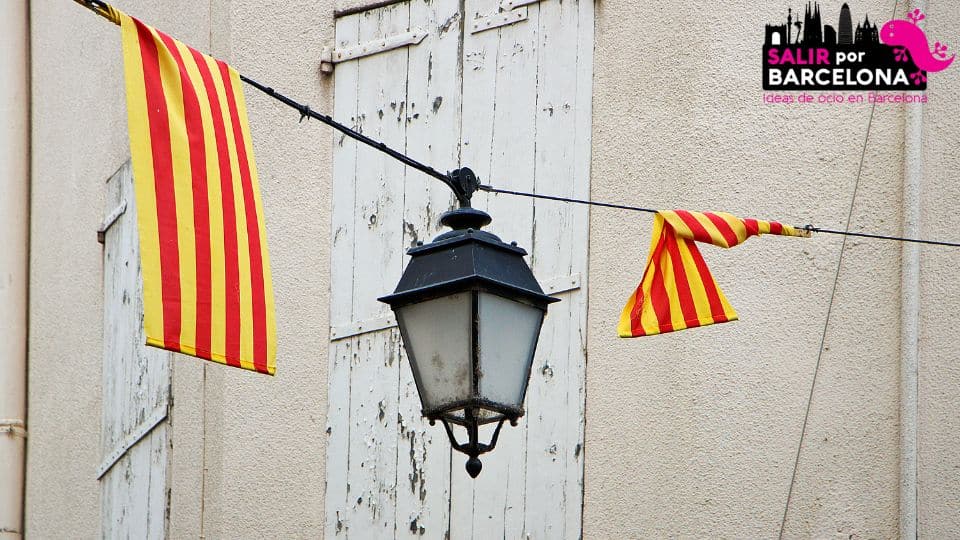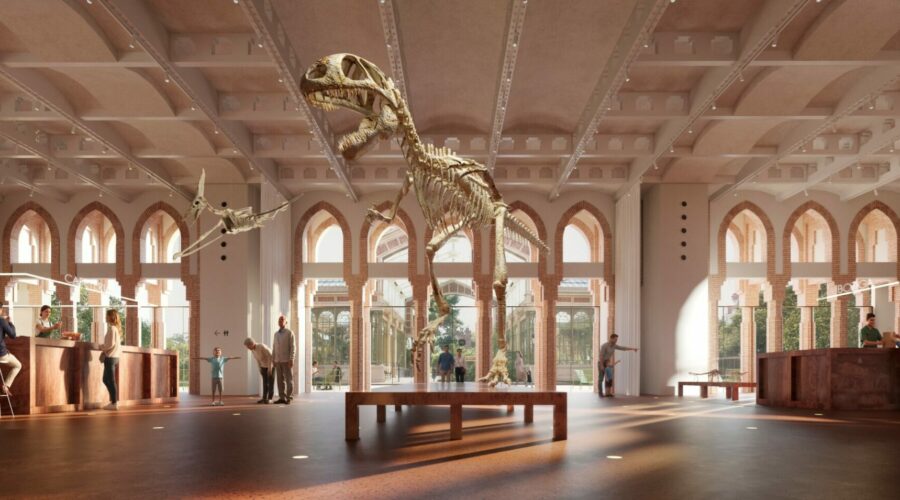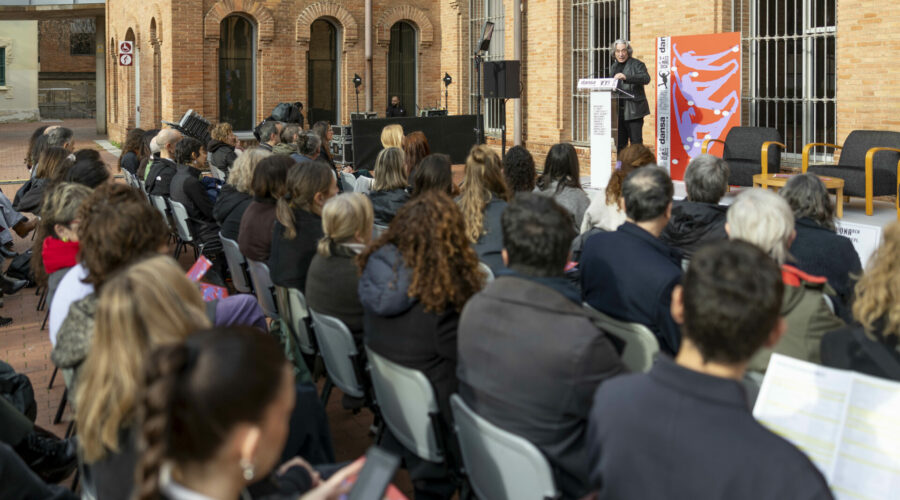The Barcelona City Council has taken a significant step in the promotion of Catalan in digital environments with the constitution of a non-permanent study commission. This initiative, presented this Thursday, has as its main objective to promote the use of Catalan among young people and in new technological formats. In the first session of the commission, a report was presented that reveals a worrying decline in the social use of Catalan, especially among the younger generations, where currently only 36% of Barcelonians use it as a habitual language.
 A joint effort to promote Catalan in the digital environment
A joint effort to promote Catalan in the digital environment
The commission has the support of various political groups, including the PSC, JxCat, Comuns and ERC, who have positioned themselves in favor of this initiative. The aim is to reverse the downward trend in the use of Catalan, particularly in the digital sphere, an environment where young people are spending more and more time. The municipal strategy seeks to address this situation with concrete proposals, including the participation of experts in telecommunications, digital media and content creators.
Is Catalan at risk in Barcelona?
The challenge of Catalan among young people and in technology
The study commission will not only focus on the current diagnosis of the use of Catalan, but also on the exploration of new audiovisual formats, the growing world of video games and the influence of content creators on digital platforms. In addition, successful projects in other Catalan-speaking territories and abroad will be analyzed in order to adapt these ideas to the Barcelona context. Among the experts who will participate in the five sessions scheduled until November are relevant figures such as Rosa Romà, director of the Corporació Catalana de Mitjans Audiovisuals; Genís Roca, president of the PuntCat Foundation; and Àlex Hinojo, the first Wikipedian resident in Catalonia and cultural manager.
Worrying data on the use of Catalan
The report presented by Deputy Mayor Maria Eugènia Gay highlights a trend that has been consolidating in recent years: the decline of Catalan as a common language in Barcelona. According to the 2023 Municipal Services Survey, Catalan is used regularly by 36.5% of the population, while Spanish remains the dominant language, spoken by 55.9% of Barcelonans. In addition, 7.4% of respondents claim to use other languages in their daily lives.
Catalan heritage is digitized with virtual reality
In the case of young people, the situation is even more worrying. According to the 2022 Catalan Youth Survey, only 32% of young Catalans have Catalan as their first language, while 48% have Spanish as their mother tongue. This reflects a generational shift in language preference, which is enhanced by globalization and the increase in the population born outside Catalonia.
Catalan in the digital sphere and the decline in social networks
The use of Catalan in digital environments has also decreased significantly in recent years. According to Idescat data, in 2021, only 27.8% of Catalans used Catalan always or almost always to interact with websites or blogs, while in 2017 this figure was similar, at 27.6%. However, the habitual use of Catalan in chats and forums has declined worryingly, from 24% in 2017 to 16.7% in 2021. This decline is also reflected in social networks, where the use of Catalan has fallen from 31% in 2017 to 24% in 2021. One area where the use of Catalan has remained relatively high is in mobile messaging, where 40% of respondents claimed to use it regularly. However, this figure has decreased from 47% in 2017. These data reflect the urgent need for action to promote the use of Catalan in these environments, which are fundamental for young people’s daily communication.
A demographic shift that impacts language use
Demographic change in Barcelona is another key factor affecting the use of Catalan. According to Idescat in 2023, only 55% of the city’s population was born in Catalonia, while 31% was born abroad. This phenomenon has changed the linguistic composition of the city, contributing to the decline of Catalan in favor of other languages. In addition, the proportion of Catalans and residents born in the rest of Spain has decreased from 76% in 2018 to 69% in 2023. This linguistic diversity, while a reflection of globalization and Barcelona’s openness to the world, also poses challenges for the preservation of Catalan. Without effective public policies to promote the learning and use of the language, Catalan risks continuing to lose ground in the city.
Non-permanent study group
The Barcelona City Council, with the creation of this non-permanent study commission, is taking the necessary steps to address the decline in the use of Catalan among young people and in the digital sphere. The involvement of experts and the implementation of concrete strategies will be key to reversing this trend. As Barcelona continues to grow and diversify, the promotion of Catalan in all areas, especially in new technological formats, will be essential to ensure its future as a living language in the city.


 A joint effort to promote Catalan in the digital environment
A joint effort to promote Catalan in the digital environment
